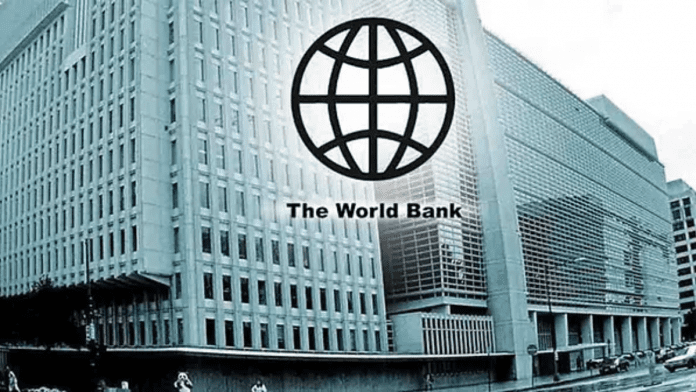News in brief:
– The World Bank Group approved a 2024-2027 Country Partnership Framework with Colombia, prioritising inclusive growth, climate resilience, and social inclusion.
– The framework emphasises support for local farmers, climate action, private sector engagement, and healthcare improvements in vulnerable communities.
The World Bank Group has greenlit a new collaboration with Colombia, aiming to propel the country towards its developmental aspirations. The 2024-2027 Country Partnership Framework (CPF), approved by the bank’s board, outlines key priorities to foster inclusive growth and resilience in the face of climate change.
The CPF underscores three pivotal areas: promoting equitable territorial development and social inclusion, fostering sustainable economic transformation, and bolstering resilience to climate change. These priorities are tailored to address the everyday challenges faced by Colombians, particularly in marginalised regions.
Climate resilience and food security
Of particular note is the emphasis on enhancing the agricultural sector. Recognising its pivotal role in ensuring food security and driving economic growth, the partnership vows to uplift local farmers. By providing support to boost productivity, promote innovation, and facilitate access to markets, the initiative aims to elevate household incomes and fortify the nation’s agricultural backbone.
In alignment with global climate objectives, the framework underscores the urgency of climate action. It advocates for the protection of Colombia’s natural resources, including the invaluable Amazon rainforest. Moreover, the plan champions the development of climate-resilient infrastructure and renewable energy projects, positioning Colombia on a path toward a sustainable future.
Healthcare and private sector support
In parallel, the Board of Directors has approved a US$300 million project to enhance healthcare services for vulnerable communities. From combating breast cancer to providing comprehensive HIV care, the initiative underscores the importance of healthcare resilience, particularly in the face of climate-induced challenges.
Central to the strategy is the mobilisation of private investment. By bridging regional disparities and fostering social infrastructure, the plan seeks to catalyse economic growth while addressing societal challenges. The involvement of the private sector is deemed imperative for realising Colombia’s developmental aspirations.
This collaborative spirit extends beyond the World Bank, with strategic partnerships with entities such as the Inter-American Development Bank and the Global Fund to Fight AIDS, Tuberculosis, and Malaria. This collective effort underscores the shared commitment to Colombia’s prosperity and well-being.



